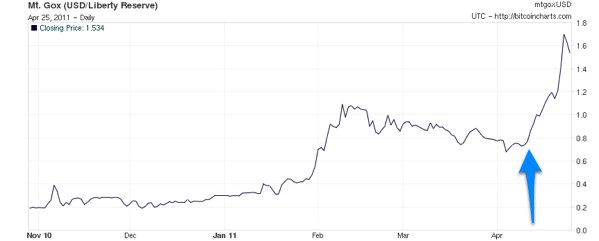With news today that the Department of Justice is [extending its probe](http://thehill.com/blogs/hillicon-valley/technology/158909-justice-department-extends-atat-probe) of the AT&T – T-Mobile merger, and that the FCC [has received](http://www.washingtonpost.com/blogs/post-tech/post/consumers_give_fcc_an_earful_on_atandt_bid_to_buy_t_mobile/2011/05/02/AFX0VScF_blog.html) thousands of comments on the issue, the FCC’s hopefully soon to be release Wireless Competition Report is taking on even greater importance.
Last year’s report was [the first in 15 years not to find the market “effectively competitive.”](http://techliberation.com/2010/05/21/the-underlying-desperation-at-the-fcc/) As a result, expectations are high for the new annual report. How it determines the state of competition in the wireless market could affect regulatory policy and how the Commission looks at mergers.
Join the Mercatus Center at George Mason University’s [Technology Policy Program](http://mercatus.org/technology-policy-program) for a discussion of these issues, including:
– What does a proper analysis of wireless competition look like?
– What should we expect from the FCC’s report this year?
– How should the FCC address competition in the future?
Our panel will feature [**Thomas W. Hazlett**](http://mason.gmu.edu/~thazlett/), Professor of Law & Economics, George Mason University School of Law; [**Joshua D. Wright**](http://mason.gmu.edu/~jwrightg/), Assistant Professor of Law, George Mason University School of Law; [**Robert M. Frieden**](http://comm.psu.edu/people/rmf5), Professor of Telecommunications & Law, Penn State University; and [**Harold Feld**](http://www.publicknowledge.org/user/1540), Legal Director, Public Knowledge
**When:** Wednesday, May 18, 2011, 4 – 5:30 p.m. (with a reception to follow)
**Where:** George Mason University’s Arlington Campus, just ten minutes from downtown Washington. (Founders Hall, Room 111, 3351 N. Fairfax Drive, Arlington, VA)
To RSVP for yourself and your guests, please contact Megan Gandee at 703-993-4967 or [mmahan@gmu.edu](mailto:mmahan@gmu.edu) no later than May 16, 2011. If you can’t make it to the Mercatus Center, you can watch this discussion live online at mercatus.org.





 The Technology Liberation Front is the tech policy blog dedicated to keeping politicians' hands off the 'net and everything else related to technology.
The Technology Liberation Front is the tech policy blog dedicated to keeping politicians' hands off the 'net and everything else related to technology.